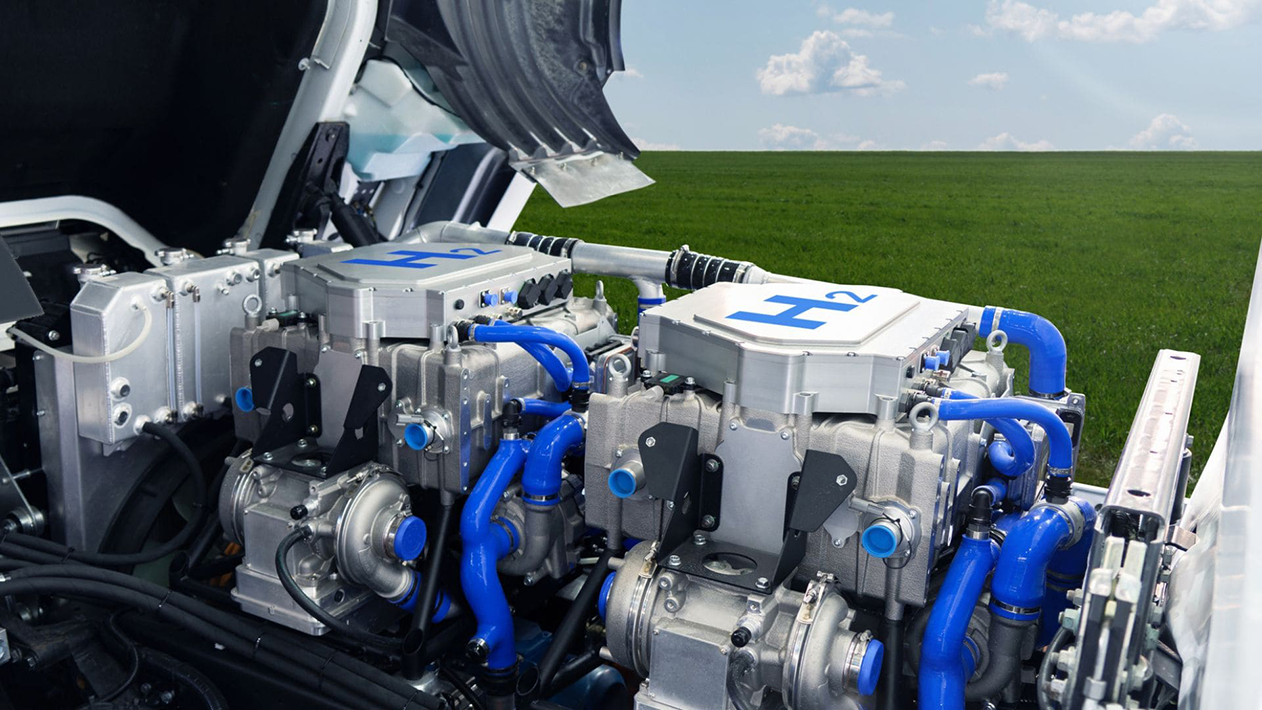Hydrogen is positioned as one of the most promising alternatives to achieve sustainable mobility, and a new engine based on this fuel is marking a before and after in the automotive industry. This breakthrough not only offers a clean and efficient solution, but also redefines the future of transportation.
Features and advantages of the new hydrogen engine:
This innovative engine stands out for its ability to combine high power with efficiency, while drastically reducing polluting emissions. Unlike traditional internal combustion engines, it uses hydrogen as the main fuel, resulting in:
– Cleaner combustion: near-zero carbon dioxide (CO₂) emissions and a significant decrease in particulate pollutants.
– Lower environmental impact: 99% reduction in CO₂ emissions and up to 90% less particulate pollutants in initial tests.
– Reduced nitrogen oxides (NOx): Emissions as low as 15 ppm, far exceeding current gasoline engines.
Technological development and collaborative innovation:
This breakthrough has been made possible through a partnership between Hyundai-Kia Motor Company (HMC) and the Korea Institute of Machinery and Materials (KIMM). Together they have developed a two-liter engine with direct injection, adapting the classic Atkinson cycle to run on hydrogen.
Among its innovations are:– Optimized pressure: Injection in excess of 30 bar to maximize efficiency.– Promising results: Initial tests confirm its viability as a sustainable alternative.
Hydrogen as a solution to climate change:
Hydrogen is a key resource for decarbonizing transport, thanks to its abundance and ability to generate energy without polluting emissions. Examples such as the “Andalusian Green Hydrogen Valley” project in Spain demonstrate how entire regions are adopting this technology to lead the transition to renewable energies.
Challenges and future prospects:
Despite the enthusiasm, mass adoption of hydrogen faces significant challenges:
– Sustainable production: green hydrogen generation requires significant investments in technology and infrastructure.
– Distribution network: Efficient logistics need to be developed to ensure access to the fuel.
However, with favorable government policies and public-private collaboration, hydrogen has the potential to become a key pillar in the fight against climate change and the promotion of more sustainable mobility.
This engine represents a firm step towards a future where fossil fuels are a thing of the past. The combination of technological innovation, environmental commitment and international collaboration is paving the way for cleaner and more efficient transportation.

